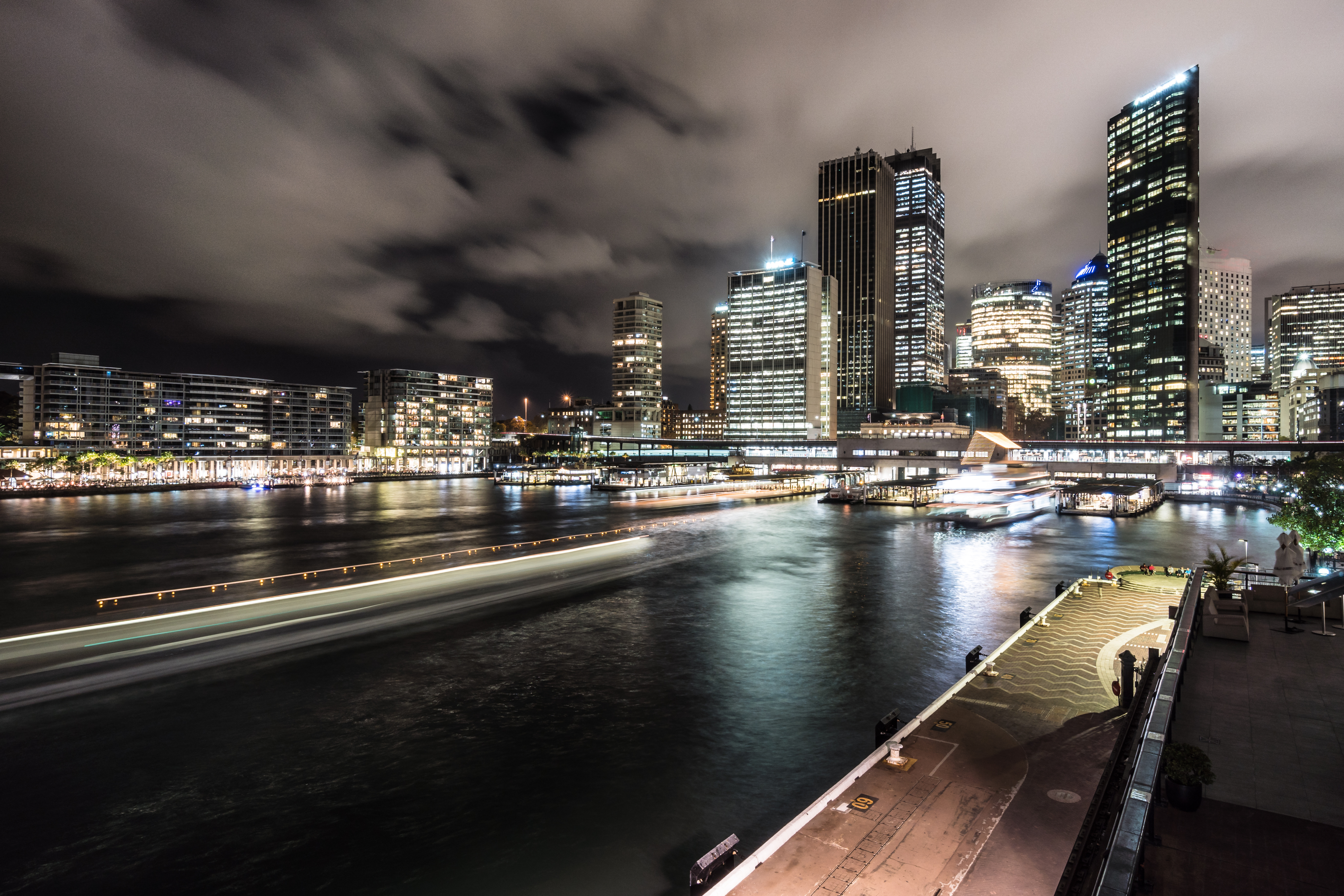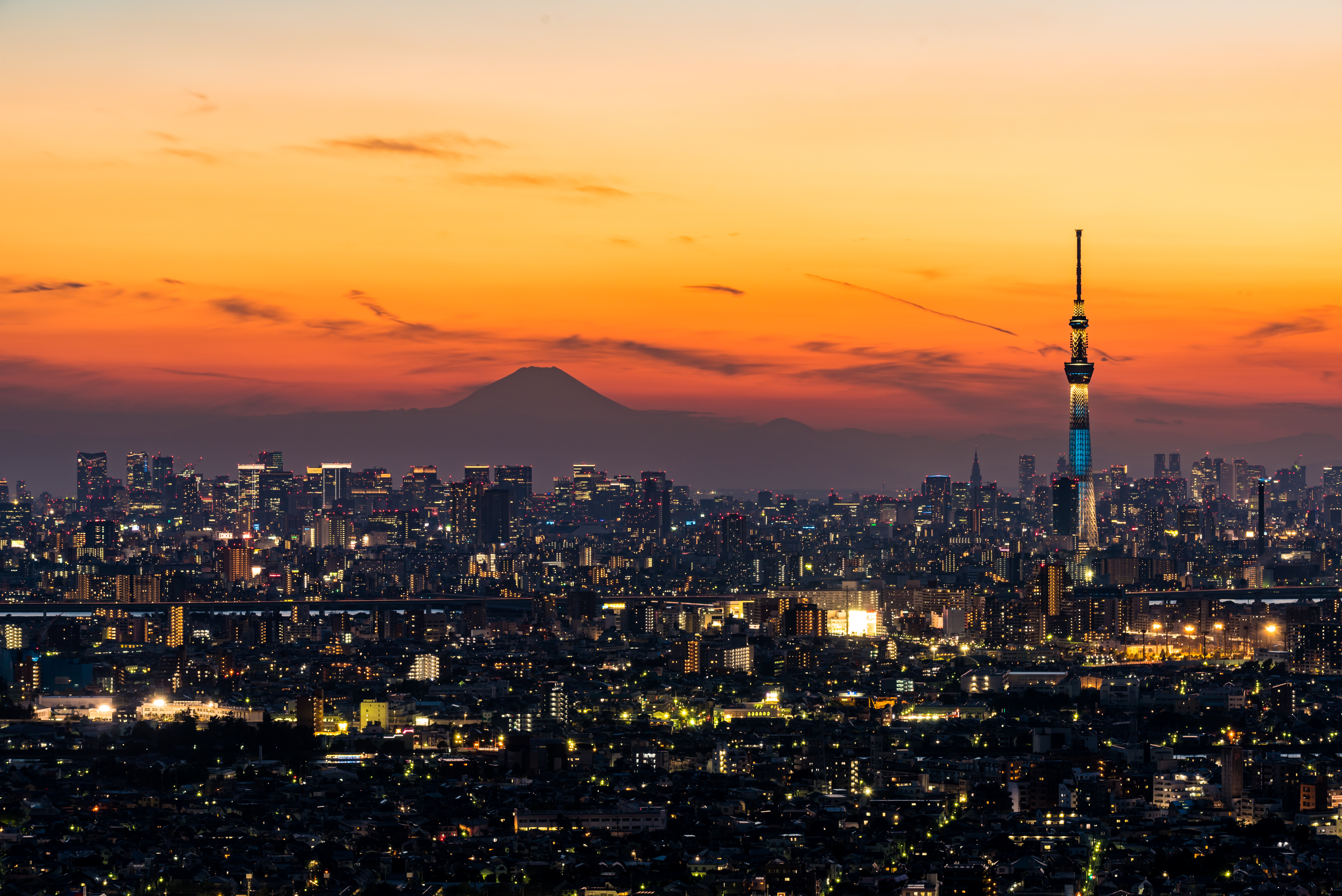2022-07-07
Insights
/https%3A%2F%2Fwww.azelio.com%2Fwp-content%2Fuploads%2F2022%2F07%2FPower-Line.png)
Countries left in the dark by unreliable energy systems
With news outlets reporting that governments in several countries are requiring citizens to use less power, energy systems and infrastructure in need of repair are struggling to cope with climate and weather disasters, surging global energy prices, and supply chain disruption. There is an alternative: renewables are here to stay, and together with energy storage, provide the key to countering climate change and securing reliable electricity.
To develop and prosper we need a stable supply of energy. As the global population increases, developed countries continue to consume huge amounts of energy while demand is also rising in developing nations. Until now, we have turned to fossil fuels to meet our energy needs, but as we near the point of no return on reaching net-zero emissions by mid-century – to keep the global temperature below 1.5°C – the need to accelerate the renewable transition is acute.
In many countries, weather and climate disasters are already causing damage and loss of life, while directly impacting power generation capacity. In addition, geopolitical events have a destabilising effect on our economies, and in some areas the infrastructure we have relied upon for decades no longer functions as it should, with maintenance leading to cost and downtime. These factors serve to strengthen the argument for lasting change on a macro level. To achieve this, governments and grid operators must embrace and support renewable technologies and the deployment of energy storage, to make clean power cost-efficient and continuously available.
During the early summer of 2022, stories have emerged from multiple continents which underline the instability of the respective energy systems involved.
Power crisis in Australia
In mid-June, Chris Bowen, Australia’s energy minister, urged the population of New South Wales to switch off lights and cease to use electricity for 2 hours each evening, in order to avoid blackouts. With Australia still reliant on fossil fuels, much of the country’s electricity is generated from coal. Supply disruptions and flooding have led to unforeseen outages at several coal-fired power plants, and in combination with increasing energy prices worldwide, the country has found itself in the midst of an ongoing power crisis.

Japan switches off to conserve power
In recent weeks Japan has experienced its most severe heatwave on record. A temperature of 40.2°C – the highest ever in the country during June – was recorded in the city of Isesaki. Heatwaves related to climate change are becoming more frequent occurrences, and not only pose a threat to health and well-being, but a significant risk of power shortages. As demand surges during the hot spell, reserves must stay above the required level to maintain grid stability. In an attempt to alleviate the problem and avoid a power crunch, towards the end of June, 37 million people were requested to conserve power by the government.

Load shedding in South Africa
Power cuts have become a part of life in South Africa. Load shedding occurs when electricity demand exceeds supply capacity, and stress on the primary energy infrastructure needs to be relieved. This leads to widespread power outages, which result in cost and disruption. 2022 looks set to be become the worst year on record for load shedding across the country.
Prospects of improvement are not promising, according to reports of ineffective maintenance carried out on generating units at state-owned power utility Eskom’s coal-burning power stations. Moreover, South Africa’s unreliable power supply does not come at a low cost for end users. Critics of a 20.5% price increase which took effect in April have observed that the population has faced a 307% electricity price increase during the last 13 years, presenting huge challenges for businesses and communities.
Expert points to a renewable future
Europe has also not been immune to rising energy prices and the effects of a severe power crunch, signifying that a global trend of instability and unreliability exists in the energy systems of today. It is reasonable to ask what we need from the grid of tomorrow, if we are to move past these issues, futureproof our power supply, and embrace sustainable development.
During June, Amory Lovins, a respected expert in the energy field, highlighted to Swedish newspaper Dagens Industri that renewable sources, efficiency, and distributed systems, are central to achieving the next generation energy system we need. With leading experts pointing towards decentralised systems when discussing how to deliver cost effectiveness and high efficiency, what is stopping us from increasing the share of renewables in the energy mix?
The role of long-duration energy storage
Renewable energy sources can solve the transition to net-zero, but they must be combined with energy storage. The limitation with renewable sources such as wind and solar has always been their intermittency – securing the power when nature does not want to give it – but storage technologies offer a control function and can enable renewable energy to be accessed whenever it is needed.
In its groundbreaking report, Net-zero power: Long duration energy storage for a renewable grid, the Long Duration Energy Storage (LDES) Council advised that in order to decarbonise our energy systems, we require a net-zero power sector driven by renewable energy. The LDES Council maintains that as our use of renewables increases, we will also need to consider some additional challenges: we must balance supply and demand, as well as managing changes in transmission patterns and decreased system stability due to the introduction of new streams. Flexibility will be critical, and this is also what long-duration energy storage can deliver.
Investment on a large scale will be required to deploy the levels of storage needed to reach net-zero. The LDES Council suggests that between now and 2040, USD 1.5 to 3.0 trillion will need to be spent. This reads as an enormous number, but the LDES Council also points out that total investment over this period is in fact comparable to what is invested in transmission and distribution networks every 2 to 4 years.
Instead of repairing systems which are not meeting demand, while not mitigating the catastrophic climate emergency which approaches, we can instead invest in building an improved energy infrastructure based on a renewable platform. Now is the time for governments and grid operators to set plans in motion and make the switch.
Azelio and TES.POD technology
Long-duration energy storage technologies that enable clean electricity and heat to be dispatched when needed are market ready and available today. Azelio’s TES.POD thermal storage system works by heating an aluminium alloy, using renewable sources such as solar PV, to phase change at 600°C (1110°F). Heat is then transferred to a Stirling engine through a heat transfer fluid. The Stirling engine runs a generator for electricity and heat between 55-65°C (130-150°F) to be supplied at hours when the sun is not shining or when direct production from solar is insufficient – enabling renewable power for the full 24-hour cycle.
As power interruptions are reported with alarming regularity, it remains clear that industries and consumers around the world have difficulty sourcing on demand, affordable, and clean power from an infrastructure unable to guarantee energy security. Azelio’s modular and scalable solution offers energy self-sufficiency and the means to grow in a sustainable way.
Find out below how TES.POD can benefit your business with cost savings and emissions reductions, by using our value calculator.
Want to know more?
/https%3A%2F%2Fwww.azelio.com%2Fwp-content%2Fuploads%2F2022%2F02%2FExt_Azelio_No_People.jpg)
The Solution
Powering evolution with long-duration energy storage
/https%3A%2F%2Fwww.azelio.com%2Fwp-content%2Fuploads%2F2022%2F01%2FSociety-1_LOW.jpg)
Renewing the world
Our key sectors
/https%3A%2F%2Fwww.azelio.com%2Fwp-content%2Fuploads%2F2022%2F01%2Fts_pod_background_small.png)
Investment Case
Reasons to invest in Azelio's TES.POD
/https%3A%2F%2Fwww.azelio.com%2Fwp-content%2Fuploads%2F2022%2F01%2FTeam.png)